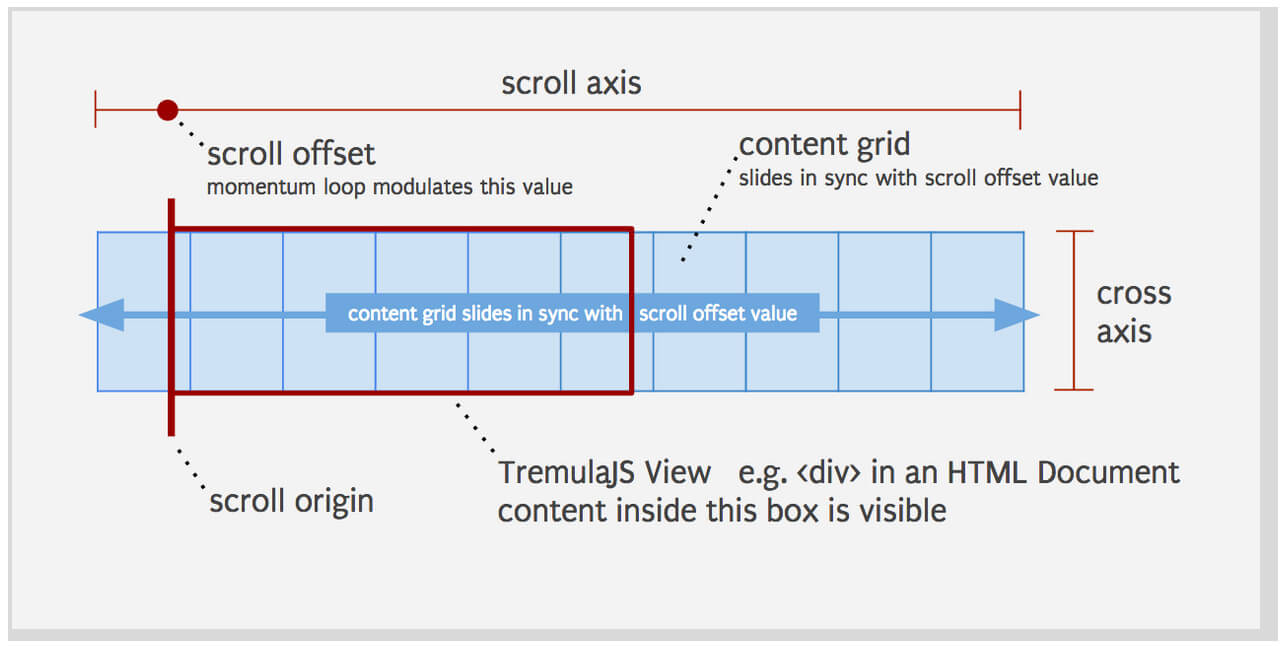Access JavaScript Object Variable Properties
Not all JavaScript objects are as easy as MyObject.property. Sometimes you may want to access a property whose key is stored in a variable. Luckily accessing these properties is very easy.
Javascript Object Property Accessing Example
/* setting */
var myObject = {
left : 30,
top: 20
};
/* basic access */
var left = myObject.left; //OR
var left = myObject['left'];
/* accessing it or variables */
var mode = 'vertical';
var value = myObject[mode == 'horizontal' ? 'left' : 'top'];
You may use array-style syntax to access an object's properties. The string within brackets returns the properties.
![Responsive Images: The Ultimate Guide]()
Chances are that any Web designers using our Ghostlab browser testing app, which allows seamless testing across all devices simultaneously, will have worked with responsive design in some shape or form. And as today's websites and devices become ever more varied, a plethora of responsive images...
![Responsive and Infinitely Scalable JS Animations]()
Back in late 2012 it was not easy to find open source projects using requestAnimationFrame() - this is the hook that allows Javascript code to synchronize with a web browser's native paint loop. Animations using this method can run at 60 fps and deliver fantastic...
![Skype-Style Buttons Using MooTools]()
A few weeks back, jQuery expert Janko Jovanovic dropped a sweet tutorial showing you how to create a Skype-like button using jQuery. I was impressed by Janko's article so I decided to port the effect to MooTools.
The XHTML
This is the exact code provided by...
![Create a Simple Slideshow Using MooTools, Part III: Creating a Class]()





I’m a big fan of myObject[key] as its close to the PHP array syntax. Just personal preference really and it gives great flexibility and easy to test for.
@Colin – I just love how object property keys and array indexes are treated as equal in Javascript. The closest to this coolness that PHP comes is in pseudo-property keys ($obj->$var_key)
never knew this method, very useful.
@Chris – PHP’s ArrayObject class allows you to access properties using array syntax.
@keith – huh…never knew that. Thanks! :D
It’s a good thing to point out that you can almost always avoid eval() by use of myObject[‘key’] reference. for example:
var myObject = {}; $H({ 'a': 1, 'b': 2, 'c': 3 }).each(function(v, k) { myObject[k] = v; });A lot of people think you have to do something like:
var myObject = {}; $H({ 'a': 1, 'b': 2, 'c': 3 }).each(function(v, k) { eval('myObject.' + k + ' = ' + v); });Avoid eval! Eval is evil.
@Timothy: While it is preferable to avoid eval in code that need not be written in that form, as you show, I would like to contest that eval is far from evil.
It’s a basic language construct upon which the entire functional programming paradigm can be built in languages that do not support it natively. Sometimes a problem is better expressed in said paradigm, but the language prevents you from properly exploiting it’s capabilities. This is one of the many ways eval *can* be used for the better of your programming speed, debug-ability and general style of programming.
So please, next time you wish to share your opinion on eval, try to think of the grand picture this language construct fits in, and don’t spread lies about otherwise finely crafted implementations thereof.
Thank you! I was stumped but this got me back on track.
Thank you soooo much, didn’t know this was possible. Spent countless hours trying to refactor my object to make calls easier, wish someone told me about this earlier lol.